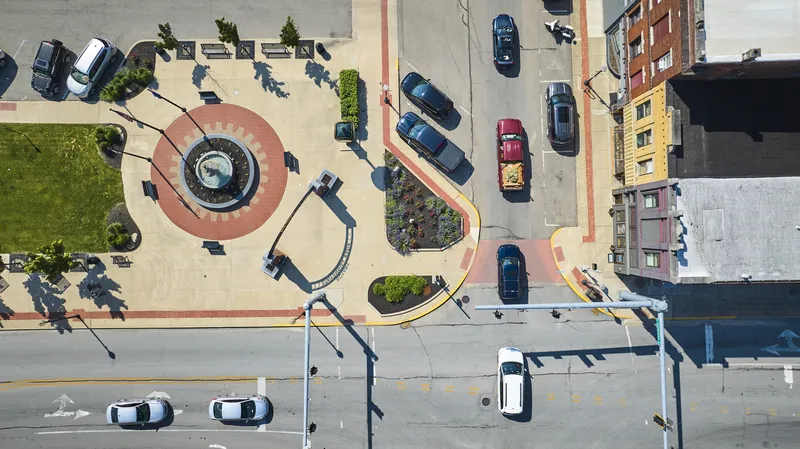“Transport and Main Roads is in the planning stages of Australia’s largest trial of cooperative intelligent transport systems technologies as part of its Connected and Automated Vehicle Initiative (CAVI),” Bailey said.
The Government plans to recruit about 500 local residents and retrofit their vehicles with cooperative intelligent transport systems (C-ITS) technology for on road testing in 2019. A small number of automated vehicles will also be tested on public and private roads.
Cooperative intelligent transport system devices use traffic and road infrastructure data to provide safety warnings about a range of conditions, such as a pedestrian crossing at a signalised intersection, a red light runner or a queue ahead.
“These rapidly developing cooperative and automated vehicle technologies could significantly reduce crashes and congestion and also reduce vehicle emissions and fuel use,” said Bailey.
Australian ITS Summit showcases new era of automated vehicles
Speaking at the fifth Australian Intelligent Transport Systems (ITS) Summit being held at the Brisbane Convention and Exhibition Centre, minister for Main Roads and Road Safety Mark Bailey, said Queensland was already preparing for driverless and connected vehicles with ambitious planning underway for the largest on-road testing trial in Australia to ensure the State is ready for the future.
“Transport and Main Roads is in the planning stages of Australia’s largest trial of cooperative intelligent trans
September 28, 2017
Read time: 2 mins
Speaking at the fifth Australian Intelligent Transport Systems (ITS) Summit being held at the Brisbane Convention and Exhibition Centre, minister for Main Roads and Road Safety Mark Bailey, said Queensland was already preparing for driverless and connected vehicles with ambitious planning underway for the largest on-road testing trial in Australia to ensure the State is ready for the future.








